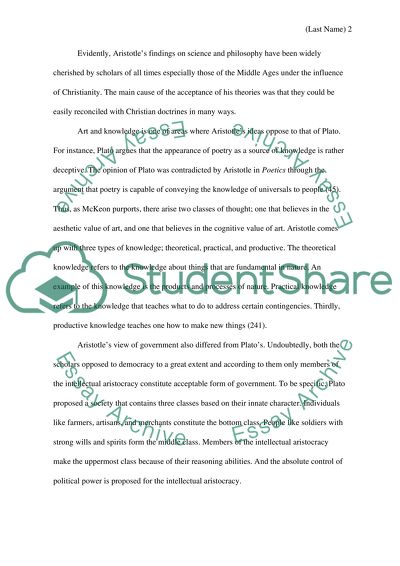Cite this document
(“Aristotle Term Paper Example | Topics and Well Written Essays - 1250 words”, n.d.)
Retrieved from https://studentshare.org/english/1475113-aristotle
Retrieved from https://studentshare.org/english/1475113-aristotle
(Aristotle Term Paper Example | Topics and Well Written Essays - 1250 Words)
https://studentshare.org/english/1475113-aristotle.
https://studentshare.org/english/1475113-aristotle.
“Aristotle Term Paper Example | Topics and Well Written Essays - 1250 Words”, n.d. https://studentshare.org/english/1475113-aristotle.


